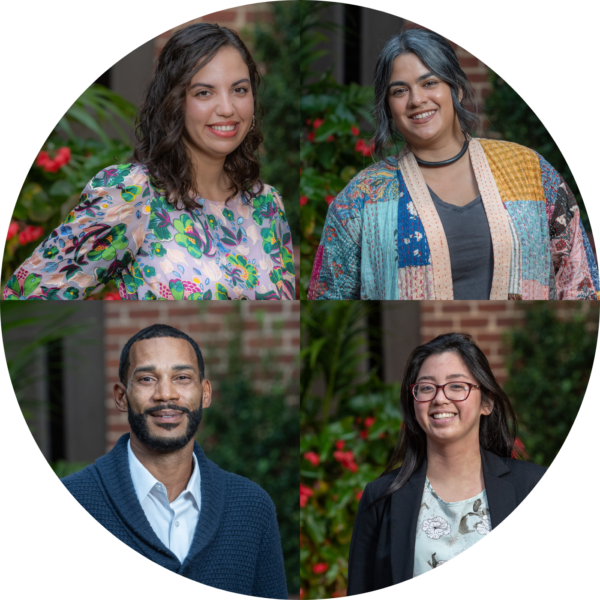Lancaster Equity Grant
Looking for a way to make an impact in your community? Grants of up to $5,000 are available to help manage costs, from self-compensation and securing resources, to professional development and overcoming logistical challenges. This strategic support is our way of nurturing your project from idea to impact. Whether you’re a seasoned leader or just starting out, this grant is a chance to turn your ideas into action. The Equity Council is ready to support your journey
Equity Council
Recognizing the resiliency, tenacity, and talent within Black, Brown, Indigenous, and Immigrant communities and understanding the inequities that exist in community and within philanthropy, Xavier Garcia-Molina created the Equity Fund and Equity Council in partnership with the Lancaster County Community Foundation.
Building upon accessible pathways to systems change, the Equity Council fosters a collaborative and participatory grantmaking landscape where BIPOC communities are equal partners in shaping the solutions to the most pressing societal challenges. Meet the Equity Council.
THIS GRANT APPLICATION WILL OPEN AUGUST 4

Grant Timeline
Application opens: August 4, 2025
Draft applications due for feedback (optional): August 15, 2025
Final applications due: September 5, 2025
Grant Application Support
Contact the Equity Council at [email protected] with questions about your grant application. Equity Councilors can guide you through the process, so don’t hesitate to reach out. They’re committed to ensuring fair and equal access to grant funding.
